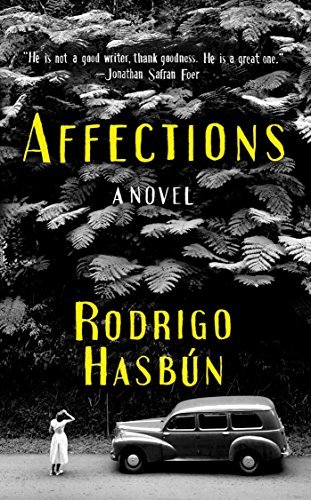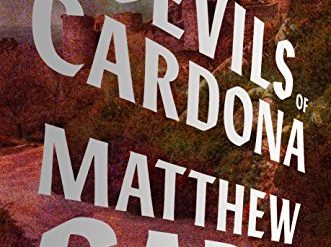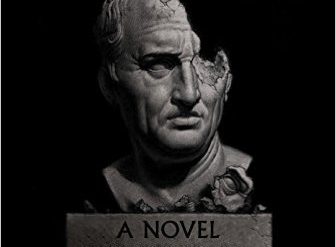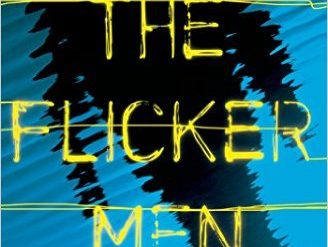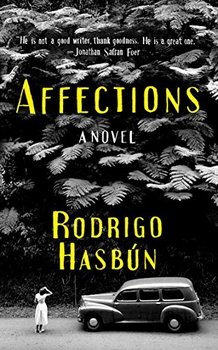
In just 145 pages, the Bolivian novelist Rodrigo Hasbún manages to portray a full-length novel’s cast of characters in vivid colors. Hasbún is recognized as one of Latin America’s leading young novelists. Affections, his second novel and third book, follows a German immigrant family in Bolivia through several decades of that sadly afflicted country’s unending upheaval. The tale is intensely political, as a member of the family joins Che Guevara‘s guerrilla war in the Bolivian countryside in the 1960s.
Estimated reading time: 3 minutes
The paterfamilias, known as Papa throughout the novel, was a cameraman for “the Führer’s Movie Maker,” Leni Riefenstahl. Like so many others who fled Germany amidst the ruins of the Third Reich, he had moved to South America. To this day, several South American countries—Argentina, Brazil, Chile, Bolivia, Peru, and Ecuador—are well known to have served as refuge for large numbers of Nazis, including notorious war criminals such as Adolf Eichmann, Klaus Barbie, and Josef Mengele. Whether Papa was a member of the Nazi Party is unclear, but he had certainly played a role in the regime’s propaganda machine and left Europe because he was taken to be a Nazi.
Affections by Rodrigo Hasbún (2018) 145 pages ★★★★☆
The central characters in Hasbún’s tale are Papa’s three daughters, Monika, Heidi, and Trixi. In crisp, economical prose, Hasbún follows their unhappy lives and loves for several decades beginning in 1955. The three women narrate the family drama in short, alternating chapters, with occasional contributions by other characters. The author wraps up the novel as Papa approaches his 100th birthday at the close of the 20th century, preparing a grave for himself on the hacienda he’d hacked out of the jungle in Bolivia’s central lowlands.
The family drama takes center stage in Affections. Monika’s steady drift toward the revolutionary Left at first strains her relations with her father and sisters, then entirely cuts her off from them. Hasbún highlights the senseless violence and futility of Guevara’s war, which ended not only in his death but that of most of his followers as well. We don’t fully understand what drives Monika to sacrifice her life in the jungle, but the desperate poverty of so much of Bolivia’s people is abundantly clear.
The author participated in a panel discussion I moderated at the 2018 Bay Area Book Festival. When I asked whether he is involved as an activist, he made clear that he doesn’t consider himself to be political at all. He seemed bemused that so many critics see his work as political. Hasbún now lives in Houston, where he recently obtain his Ph.D. in literature.
For related reading
For other excellent historical novels, check out 20 most enlightening historical novels. And if you’re looking for exciting historical novels, check out Top 10 historical mysteries and thrillers.
You might also be interested in Top 10 great popular novels.
If your taste runs more to genre fiction, check out:
- 20 excellent standalone mysteries and thrillers
- My 20 favorite espionage novels
- Great sci-fi novels reviewed: my top 10
And you can always find my most popular reviews, and the most recent ones, on the Home Page.

